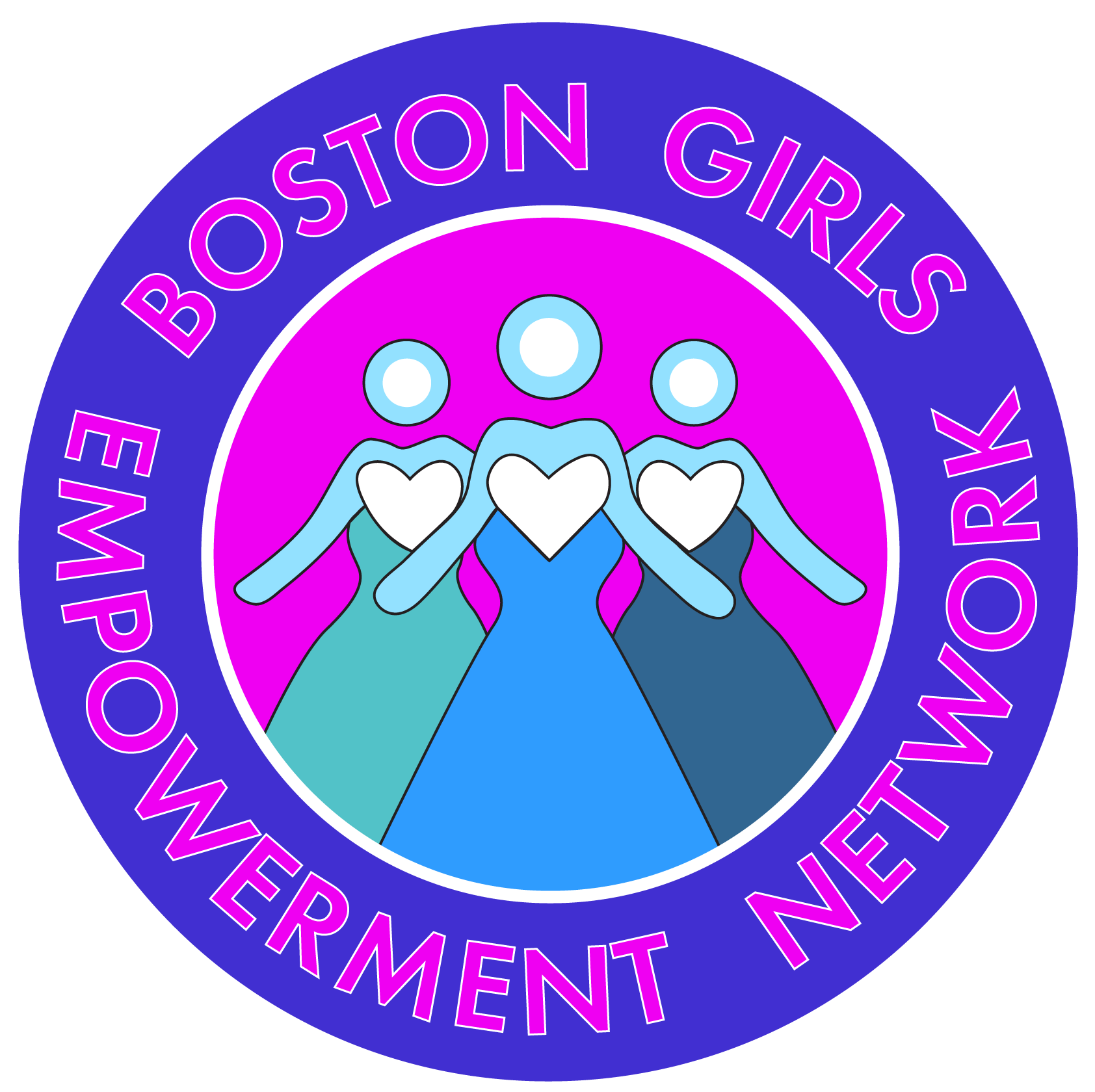Headwraps
Headwraps, piled high and frame earth tone faces in beautiful fabrics of marigold, deep red, Kente and Ankra prints, indigo, white, two-tone, Rasta colors and black. They conceal ancient coils that have seen the world grow, change, deteriorate and rebuild. The hair hidden beneath headwraps represent timeless beauty, indigenous identity, controversy and now liberation for the women of the African Diaspora. Never has there been a more complicated relationship in the history of humanity; than the one between Black women and their hair.
The only heads to be the subject of strife, legislation, condemnation and derogation. The slave era Tignon Laws of the South, forced Black women to cover their hair with headwraps, because it was said that their elaborate hairstyles attracted white men who had a fetish for Black and Creole women. Since then, Black women have continued to endure oppositional control that governed the freedom of their natural coils. The unwritten racist policy, at a well-known organization at which I was previously employed, forced the Black women to uncover their heads, because it was said that their headwraps violated the organization’s uniform rule; yet leadership allowed white staff to cover or uncover to their hair to their liking.
In the summer of 2017, I wrapped my hair, in silent, yet bold and beautiful protest. It was the first time I had ever wrapped my hair. Depending on perception, I was viewed as either the antagonist or the protagonist; in battle with the white Executive Director who challenged the other Black staff who covered their hair. For the Black staff who wore head coverings, were met with threats of written warnings and termination. Steadfast, I held my position, ready for war and a victory. Fear prohibited my cohorts from joining me in the protest, but I wore my headwraps daily for the fearful. For nine months, until my last day on assignment, I kept my divine tresses concealed under stunning wraps in sheer, solids, prints and various turban styles, piled high to the heavens.
My resistance pushed back the dark energies of fear and control that permeated the organization; and disproportionately penalized Black women for their appearance. Spiritually, I began to feel more indomitable and continued to wear the headwraps after my departure from the organization. I believe that my headwrap is the crown that amplifies my natural God given energy. It serves as an armor that protect me in places where I have felt negativity; a quiet way to ward off dark energies that are oppositional to my very presence as a Black woman.
The need to control the Black crown has been present since slavery and colonization; however, the Most High‘s intention for us to be free in our physical expression is ever-present. Wrapping my hair revealed to me that our crown possess an immense amount of power that is recognized and unapologetically threatens negative spirits controlling human vessels. It is our birthright to freely style our ancient coils however we please. So, when I’m asked why I wrap my hair, I wrap my hair to embrace my freedom, my warrior spirit, my divinity, my culture, and to stand up for those who are bound by fear.
About Jheneire Loreus
Jheneire Loreus is a mental health counselor in Boston Public Schools, a visual artist, musician, motivational speaker, healer, and social justice advocate. Born in Boston, her roots are grounded in Turtle Island (North America), Cuba, Haiti, and West Africa. As a descendant of mystics, warriors, revolutionaries, and creators, she has committed her life to serving her community. She works to combat institutional racism and injustices, and inspire community consciousness. She holds dual Master’s degrees in Organizational Leadership and Social Work from Wheelock College, now Boston University. As a Mental Health Counselor, she dedicates herself to educating and empowering youth through art, critical and abstract thinking exercises, music, and group and individual mental health support.
